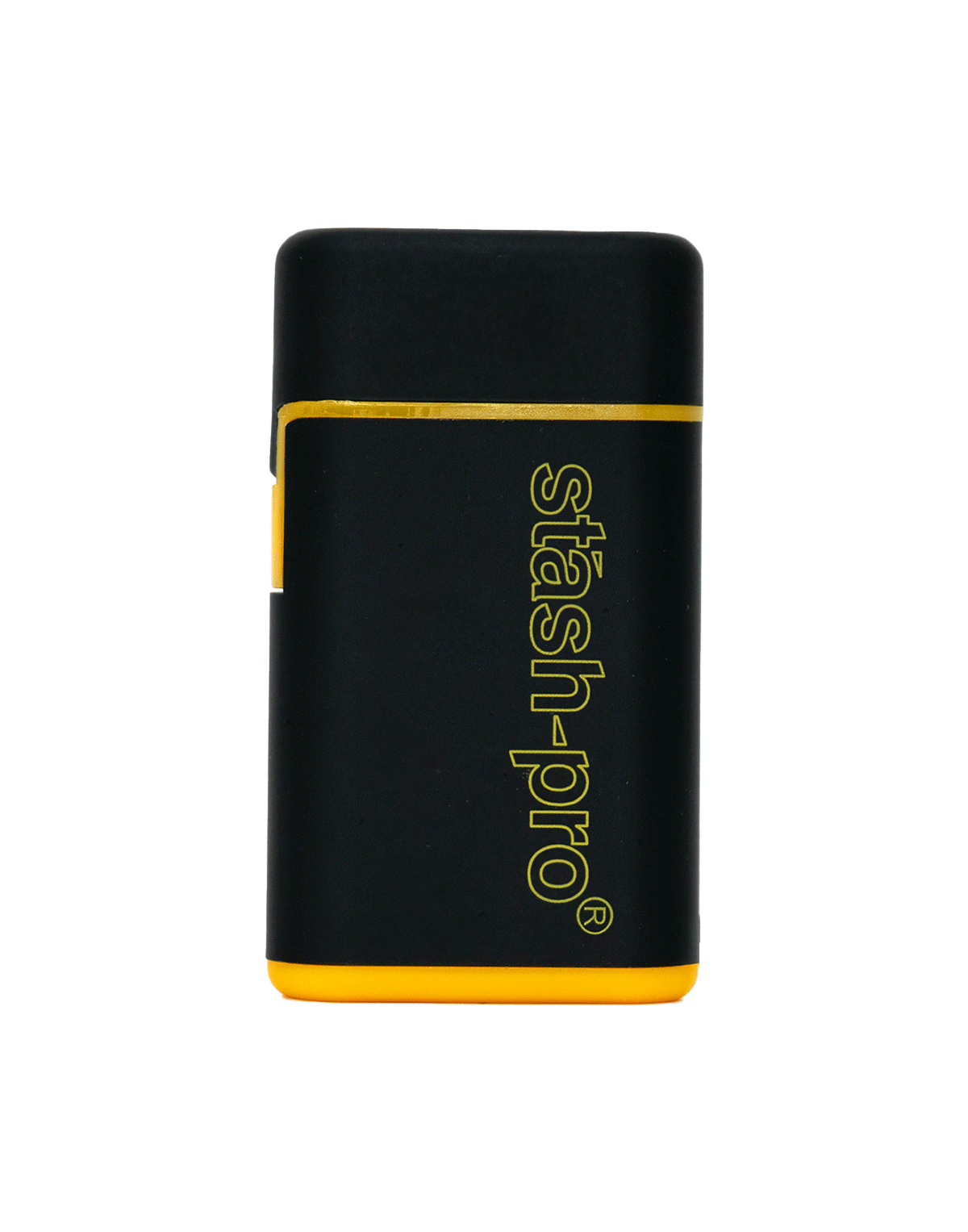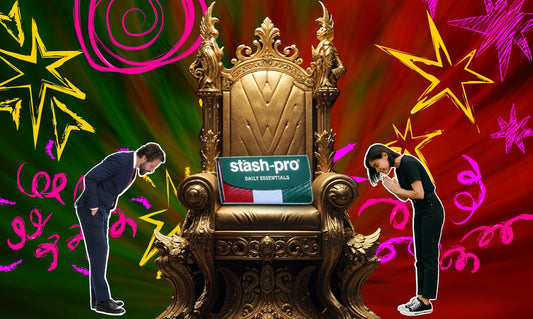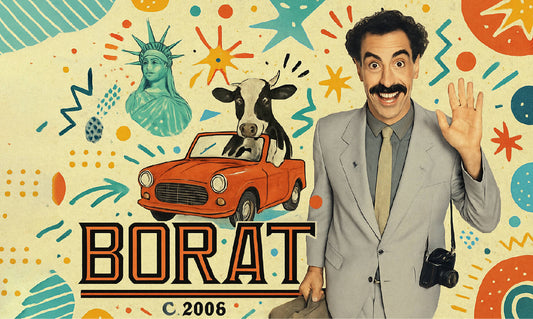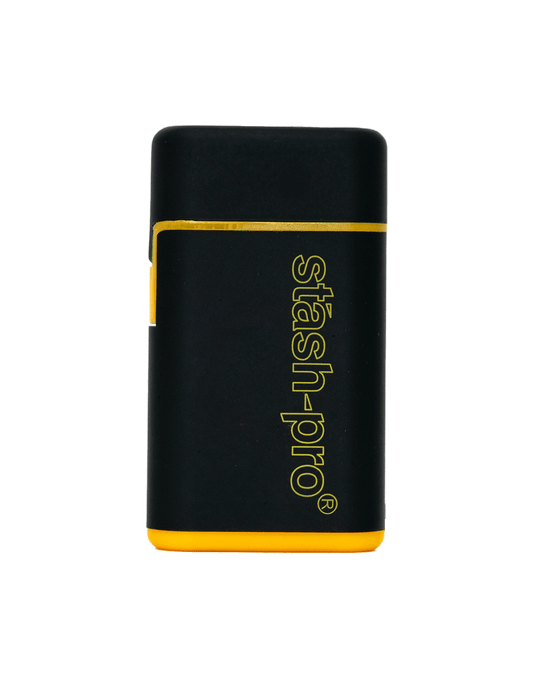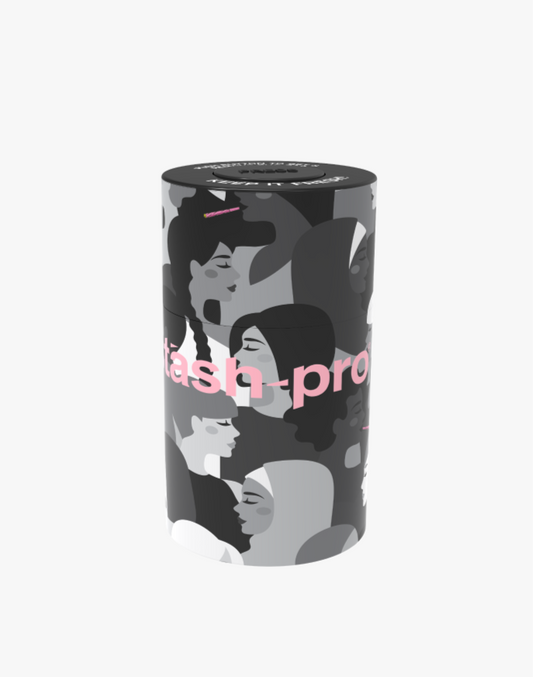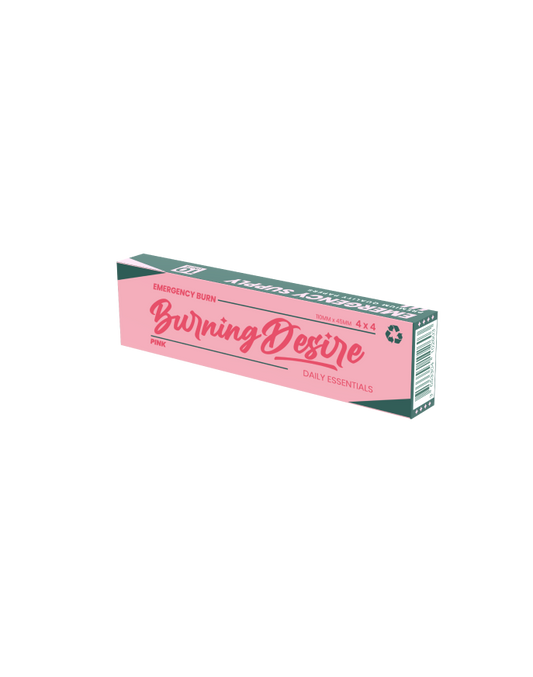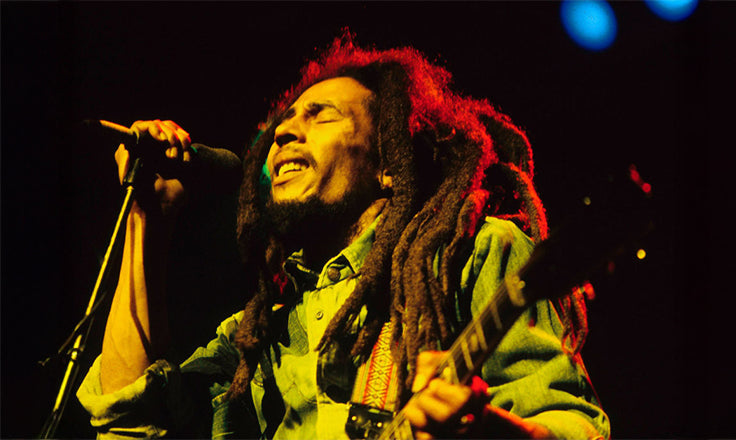
One Love, One Faith: Bob Marley and the Unexpected Rabbit Hole I Fell Into
Back in college, I had this super colorful Bob Marley t-shirt I practically lived in. Wore it every alternate day like it was a uniform. You’d think I was some die-hard fan. Truth?
I had zero clue who Bob Marley was. I bought that tee from Colaba Causeway for 200 bucks because it looked ridiculously cool—bold colors, a chill-looking dude with dreadlocks, and that big BOB MARLEY splashed across the front. It screamed “vibe,” and I was all for it.
Fast forward a few years—I finally made it to Kasol, the mountain getaway I always dreamed of. I was soaking it all in: the fresh air, the cafes, the trippy music, the laidback energy. And then, boom—Bob Marley again. On café walls, in graffiti, even on this random party banner. The guy was everywhere. I pointed at one painting and told my friends, “Yo, I had this exact same t-shirt!” That moment hit me like a déjà vu.
But it also got me wondering—why is this guy’s face literally everywhere in Kasol? What did he do here?
That curiosity took me down a total rabbit hole. What started as a quick Google search turned into hours of scrolling, reading, watching videos, and basically discovering an entire universe I didn’t know existed. I wasn’t just learning about Bob Marley, I was learning about Rastafari.

Wait—Rastafari is what now?
I used to think Bob Marley was all about music and, well… weed. Let’s be real, most café posters made it seem that way. But turns out, that couldn’t be further from the truth.
Rastafari is actually a cultural and spiritual movement that started in Jamaica in the 1930s. It was like this powerful mix of Afro pride, post-colonial resistance, and a search for identity. It wasn’t your typical organized religion—it felt more like a way of life. A counterculture with soul.
And guess what? Marley wasn’t just vibing to it—he was living it, breathing it, preaching it with every song and dreadlock.
Not just a phase—he was all in
The coolest part? Marley didn’t grow up as a Rasta. He found it in his early 20s and went all in. This wasn’t some cool aesthetic or branding gimmick. It changed how he lived—what he ate, how he spoke, how he thought.
His dreadlocks? Not a fashion statement—they were symbolic. His diet? Mostly plant-based, clean, natural. They call it Ital—think of it as “eat clean, live clean” before it was cool. And yes, he did smoke. But not in the way people hit up joints at a house party. For Rastas, it’s sacred. A way to calm the mind, reflect, and connect with something deeper. They even had sessions called “Reasonings” where they'd gather, smoke, and talk about life, love, and the system. Kinda like deep podcast episodes… but in person.
His music hit different after this
Once I started connecting the dots, listening to Marley’s music felt completely different. Every lyric suddenly had layers. It wasn’t just “feel good” reggae. It was protest, it was passion, it was love, it was power.
Like:
“Until the philosophy which holds one race superior and another inferior is finally and permanently discredited and abandoned… everywhere is war.”
— War
Or even the classic:
“One love, one heart, let's get together and feel all right.”
— One Love
The man wasn’t just dropping tracks—he was dropping truth bombs. Using music as his way of saying “wake up,” “rise up,” “love more.” A reggae preacher, if you will.
So what’s the takeaway?
What blew my mind the most was how Rastafari flipped everything I thought I knew. What the world might see as rebellion—the dreadlocks, the anti-establishment vibe—Rastas see as devotion. They aren’t chasing success the way we’re told to.
They’re chasing freedom, inside and out.
And that whole thing about belonging? That weird pull I felt in Kasol suddenly made sense. It wasn’t just the mountains or the music—it was that unexplainable connection to something bigger. Something honest. Something that made me pause.
Full circle vibes
So yeah, that Bob Marley t-shirt I bought without a clue? It wasn’t just a t-shirt anymore. It was the start of a journey I didn’t even know I was on.
Bob Marley wasn’t just some chill reggae icon. He was a full-on spiritual rebel with a mission and a mic. A believer. A symbol. A whole movement in human form.
And me? I’m just someone who bought a t-shirt for the vibe—and ended up finding a new way to look at life.
